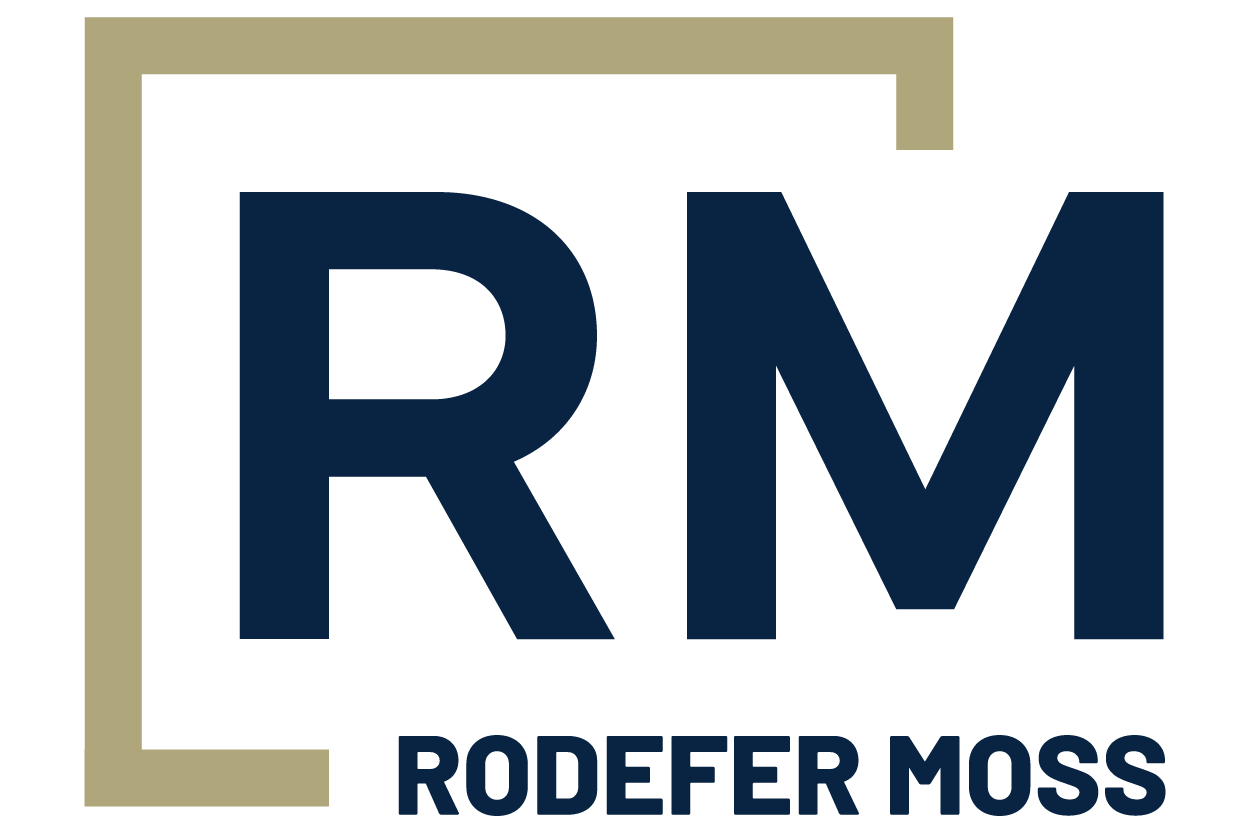.png)
For broker-dealers, undergoing an audit is an integral part of maintaining compliance and ensuring the integrity of financial operations. Understanding what to expect during an audit can significantly ease the process. This guide outlines the key stages of a broker-dealer audit and provides insights into how to prepare for and navigate each phase effectively.
Overview of the Broker-Dealer Audit Process
An audit is a systematic review of a broker-dealer's financial records and compliance practices. It typically involves three main stages: planning, execution, and reporting. Each stage is crucial for ensuring a thorough and accurate assessment of the broker-dealer's adherence to regulatory standards.
Pre-Audit Preparations
Preparation is key to a successful audit. Organize essential documents such as financial statements, previous audit reports, and compliance documentation. Ensure that your team understands the importance of the audit and is ready to provide necessary information.
The Planning Stage
The audit begins with a planning phase. Here, you'll meet with auditors to discuss the scope and objectives of the audit. Expect discussions around risk areas, internal controls, and specific areas of focus. This stage sets the tone for the entire audit process.
Execution of the Audit
During execution, auditors will conduct various procedures and tests to assess your compliance with laws and regulations. They will review financial records, test internal controls, and evaluate compliance practices. Be prepared to provide access to records and respond to queries promptly.
Communication During the Audit
Effective communication with the audit team is essential. Regular updates and meetings help ensure that the audit progresses smoothly. Be proactive in addressing queries and providing additional information as needed.
The Reporting Phase
At the end of the audit, you will receive a report detailing the findings. The auditor's report may contain different types of opinions, reflecting the financial status and compliance of your firm. Discuss the findings and understand any recommendations or required corrective actions.
Post-Audit Actions
After the audit, focus on addressing any findings. Implement recommendations to improve operations and compliance. Use the audit results as a tool for continuous improvement.
Common Challenges and How to Overcome Them
Audits can present challenges, such as unexpected findings or disagreements with auditors. Approach these challenges constructively, seeking clarification and working collaboratively to resolve issues.
Conclusion
A broker-dealer audit is more than a regulatory formality; it's an opportunity to enhance your operations and compliance practices. Understanding what to expect at each stage of the audit process can transform it into a valuable experience for your firm.
Approach your next audit with confidence and a proactive mindset. For more guidance on preparing for a broker-dealer audit, or if you need assistance, don’t hesitate to reach out to our team of professionals.

